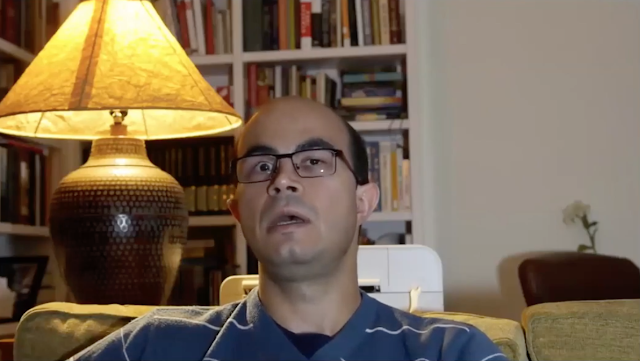Brothers Karamazov Reflection (December)
The
Brothers Karamazov (which I will continue to refer to as BK for the sake of
convenience) has been a great read so far. I’m only about halfway in, but I’ve
enjoyed it so far.
There is an element of this book that
differentiates it from perhaps all other books I’ve read: it was serially
published by Dostoyevsky, which I haven’t seen in any other media other than
comics/manga. BK also is very context-laden: with small footnotes scattered all
across the text referring to passages in the Bible, poems, plays, other works
of literature, and translation notes. There is a staggering variety of
characters from different backgrounds and different places where the story
goes. In fact, while BK is really known as a novel about a murder and a trial,
halfway through the book, I haven’t gotten to that part of the story at all.
The story primarily follows the members of the Karamazov family, the loathsome
father Fyodor Pavlovich Karamazov, the passionate and hot-headed Dmitri
Karamazov, the cold, intellectual Ivan Karamazov, and the kind, perceptive
Alexei Karamazov, the protagonist of the story.
The idea of the “Karamazov nature” comes up
repeatedly in BK, or what I take more generally to be human baseness. Dmitri,
Ivan, and Fyodor suffer from this throughout the novel, yet Alexei exhibits the
willpower and grandness of spirit to subvert reader expectations.
There were also some elements of BK that reveal
certain things about Dostoyevsky himself. Smerdyakov, one of the servants of
Fyodor, is epileptic (or suffers from the “falling sickness,” as Dostoyevsky
refers to it), which Dostoyevsky also suffered from, and Alexei was named after
Dostoyevsky’s child who died early in infancy.
I will continue reading this book and let you
know my thoughts at a later date. Like a lot of Russian novels (Tolstoy, and
Dostoyevsky’s other books like Crime and Punishment,) BK is a hefty read.



Comments
Post a Comment